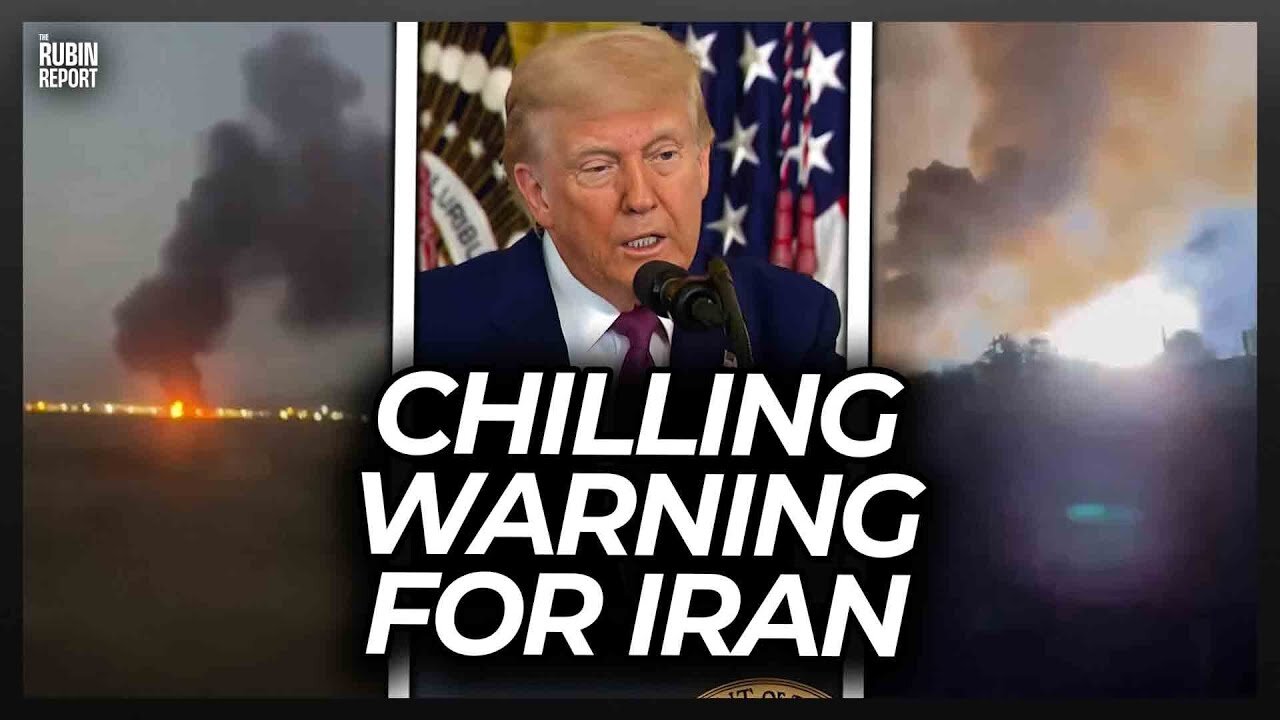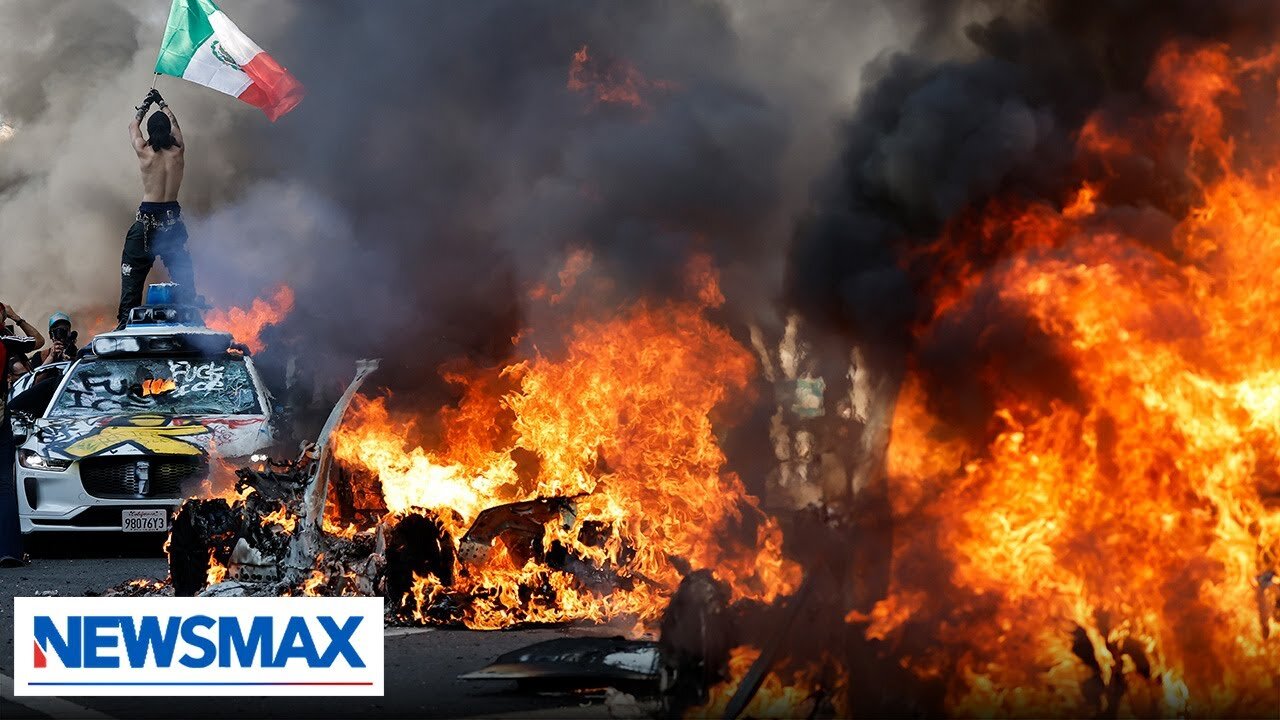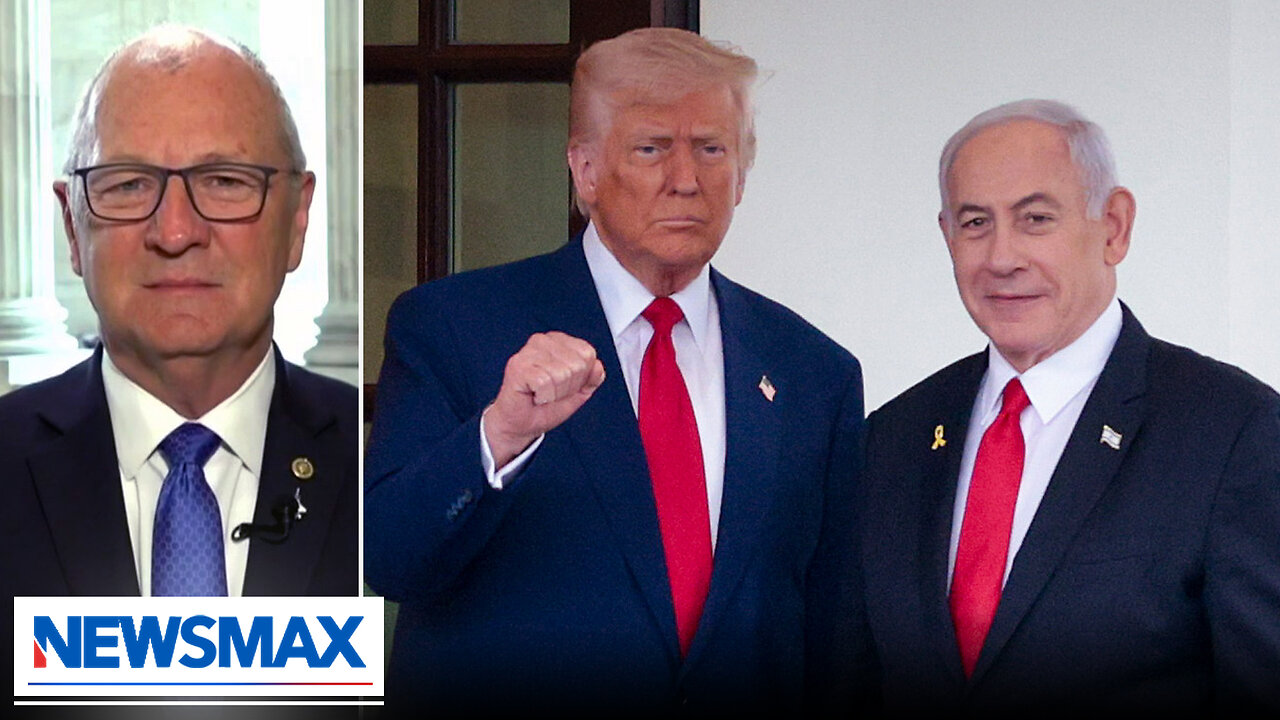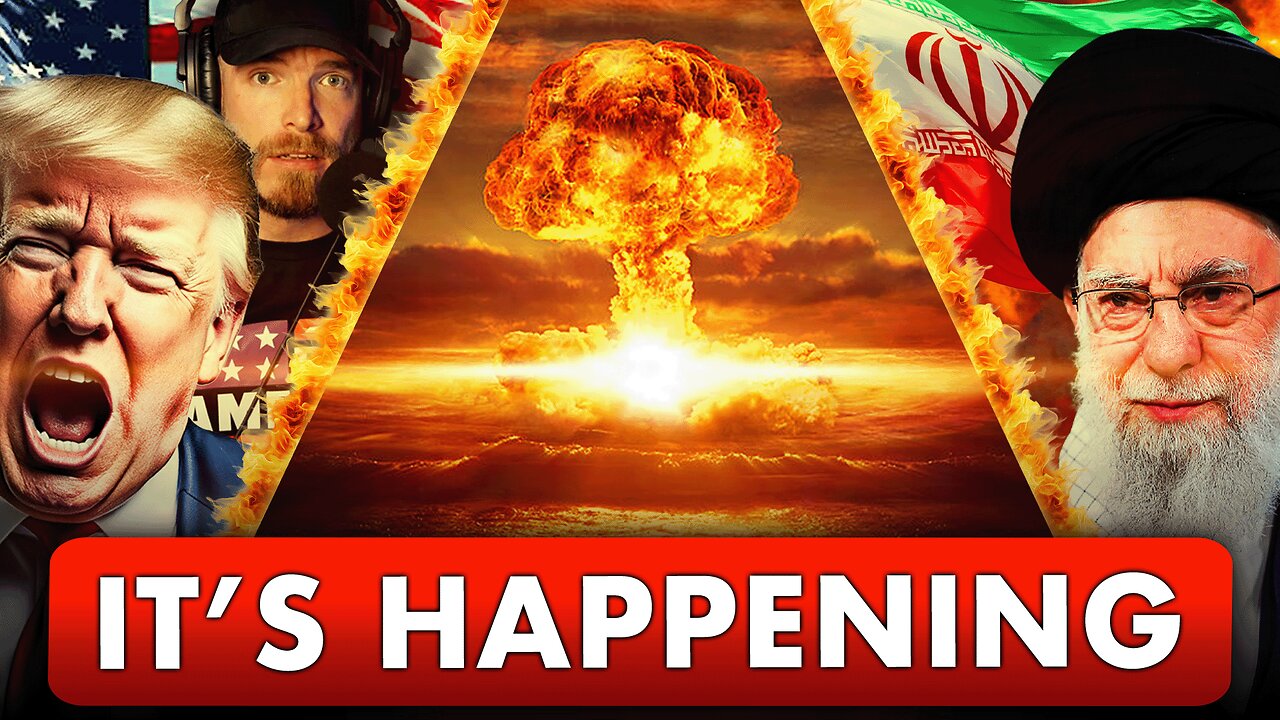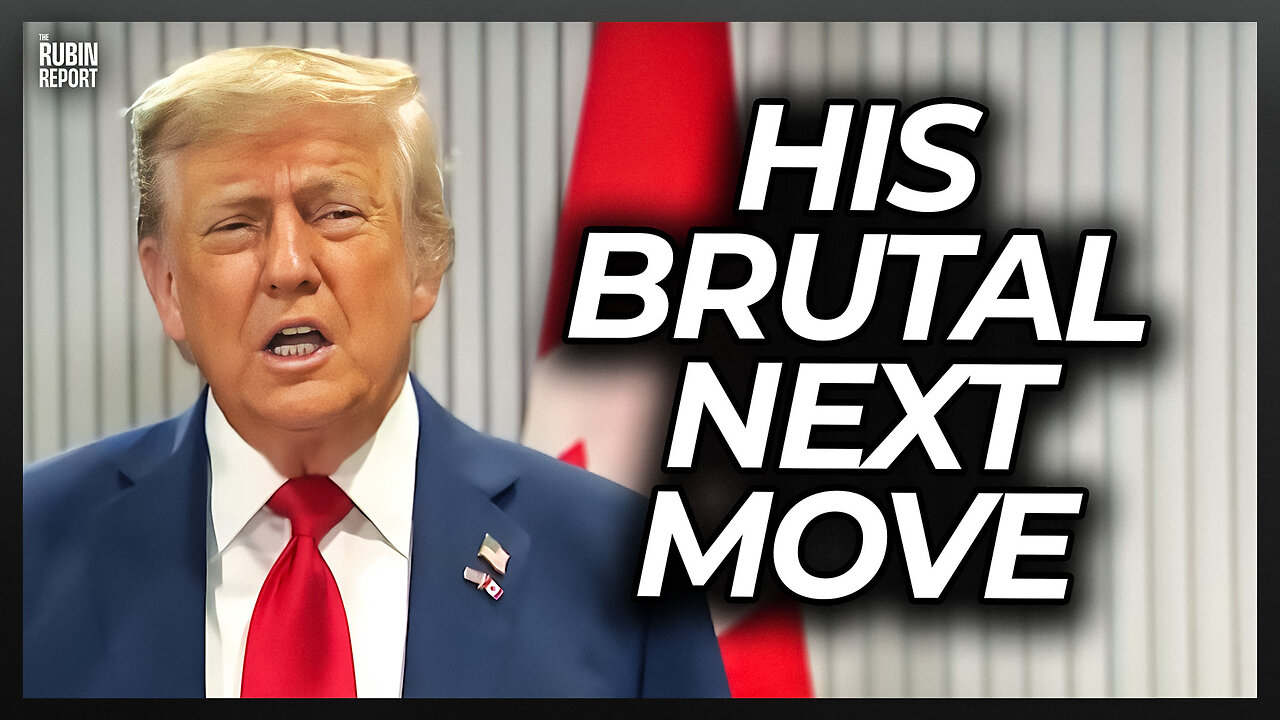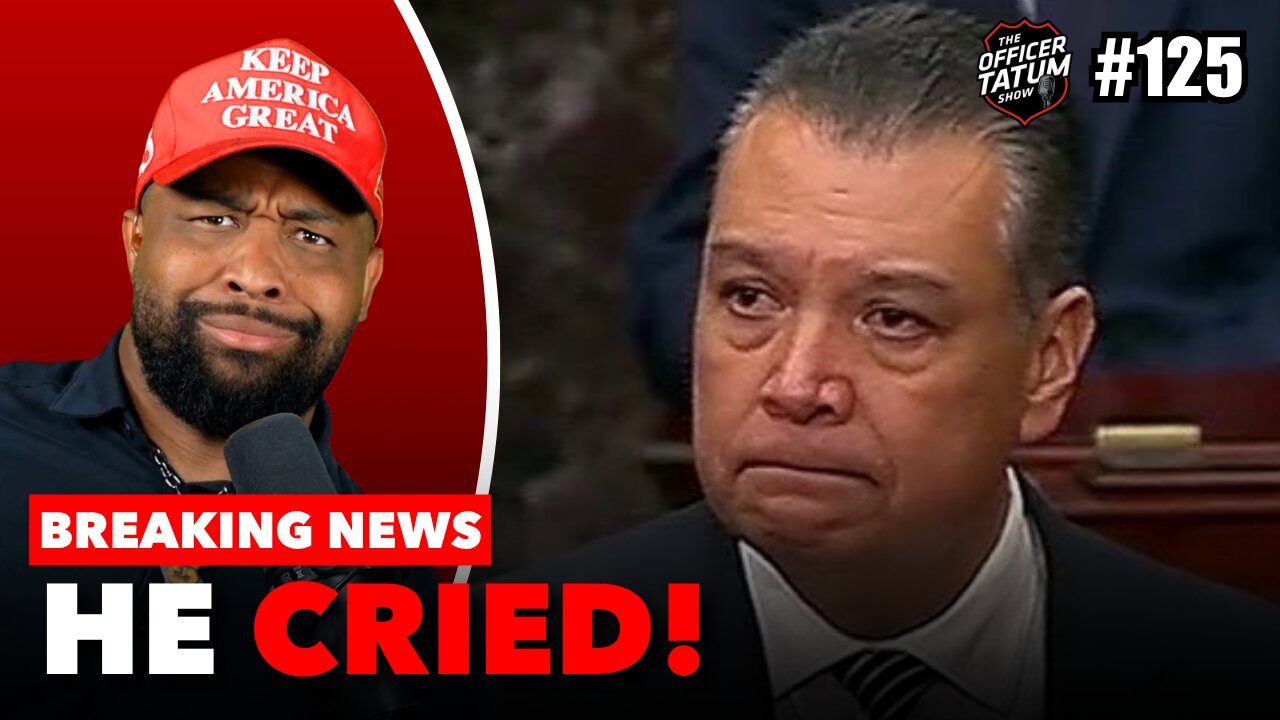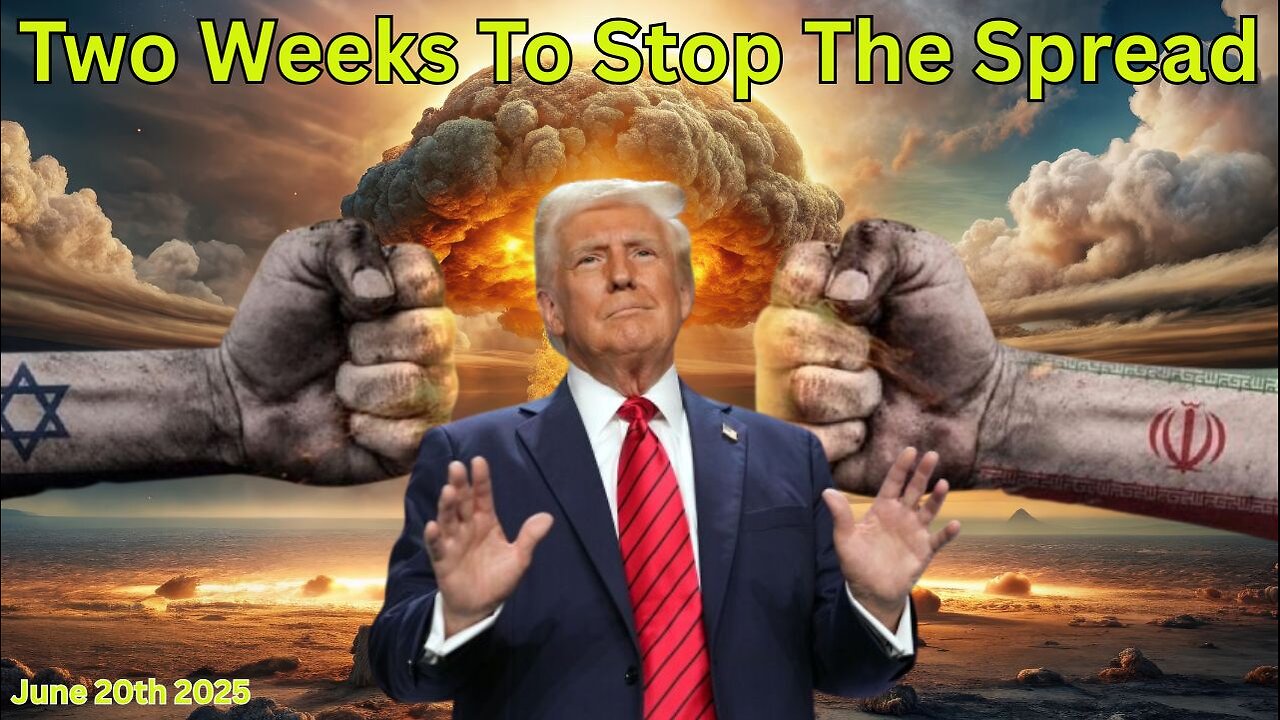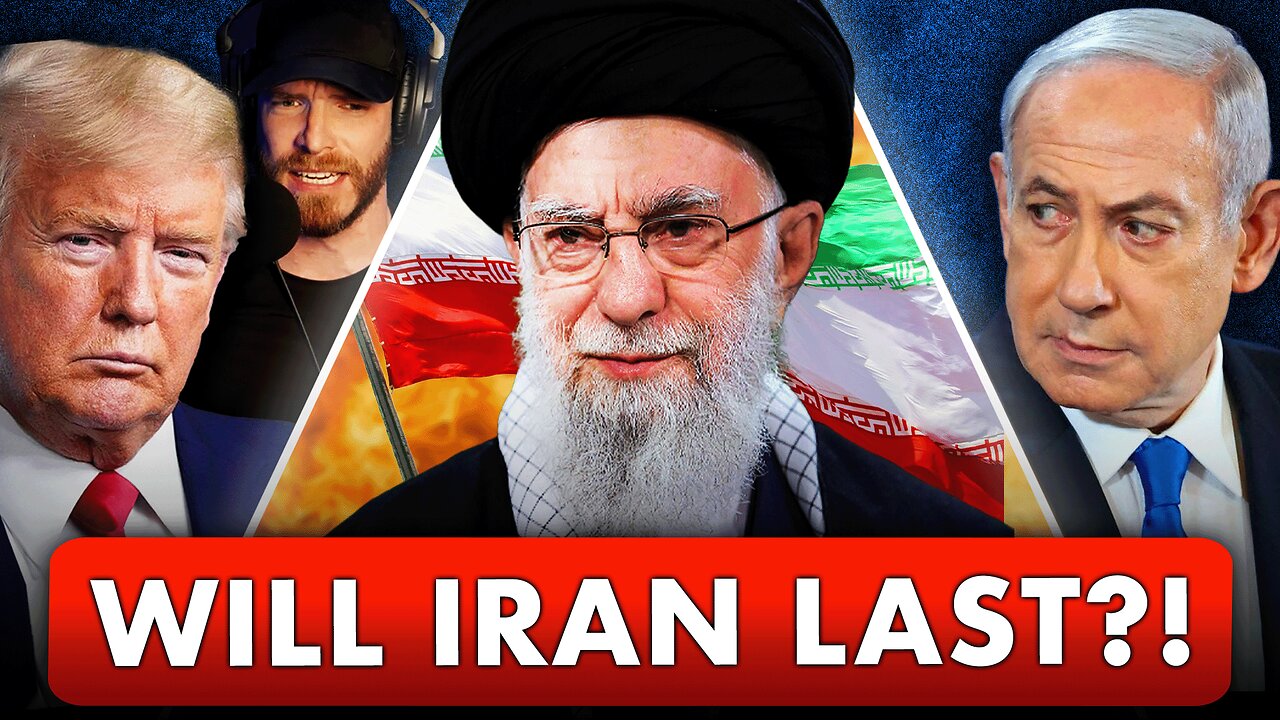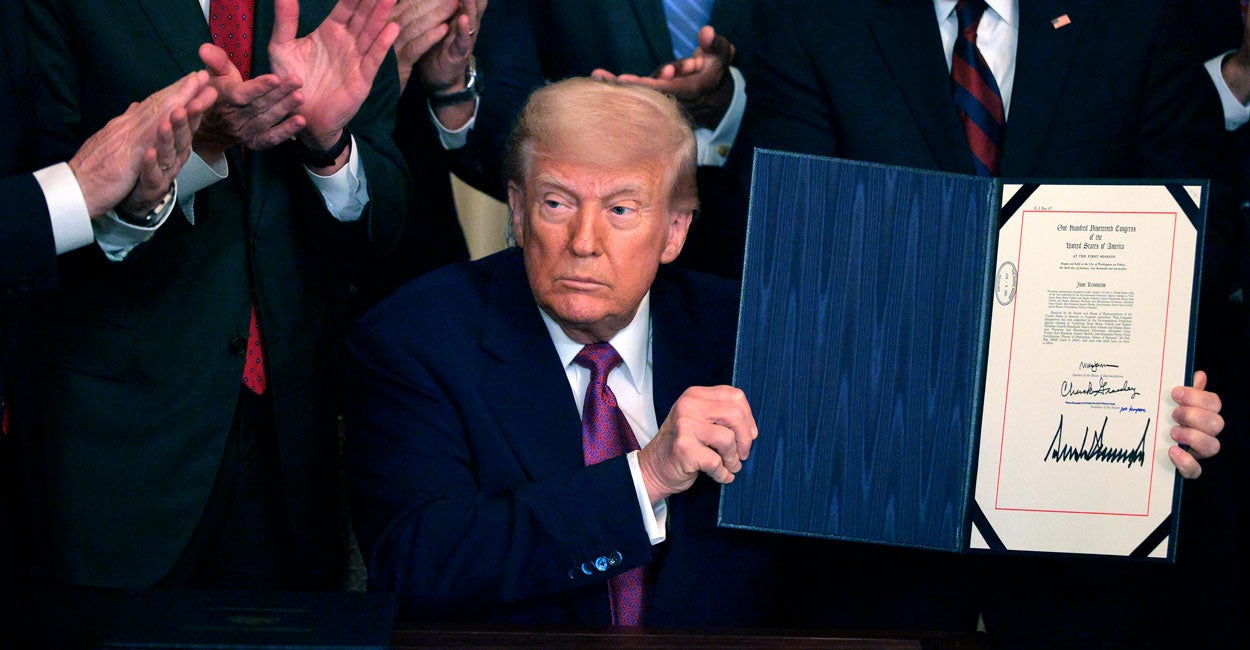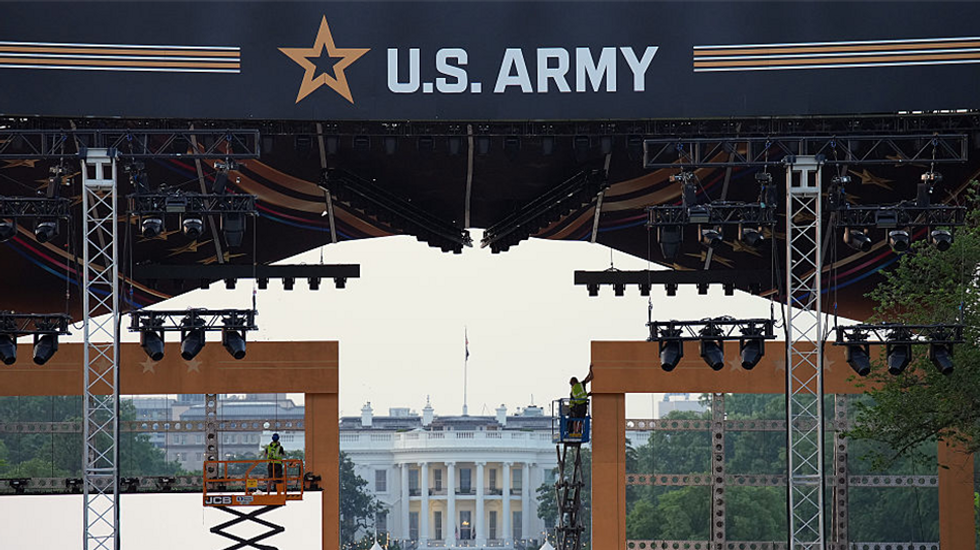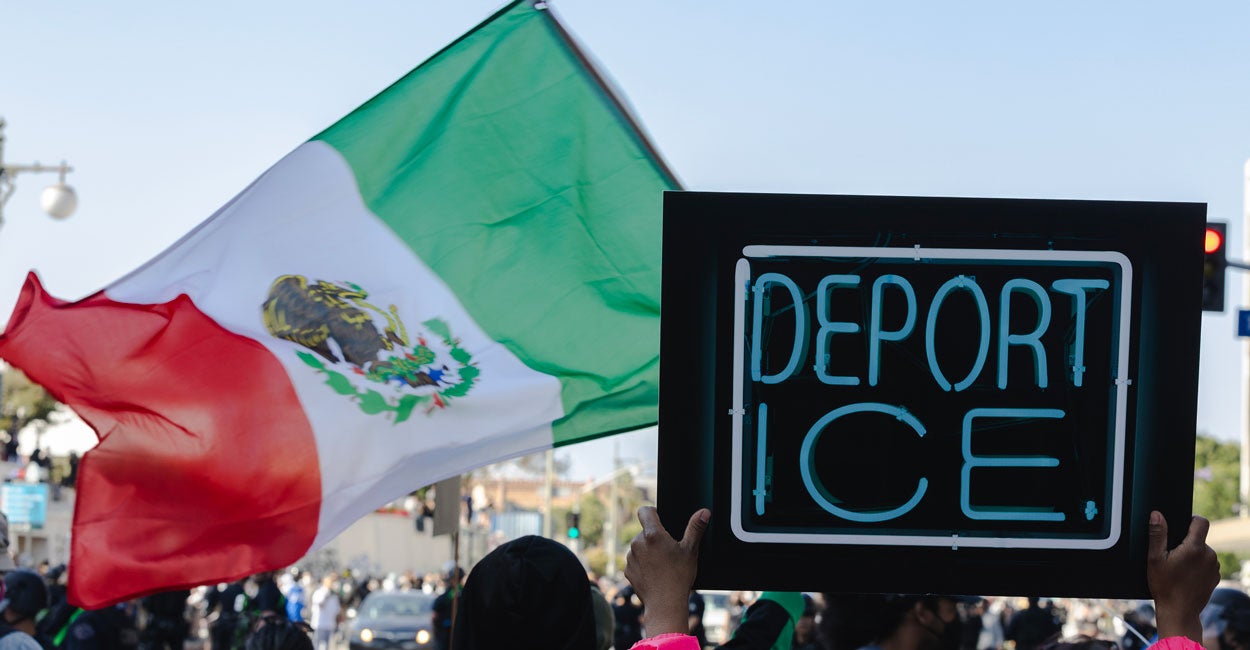The Iranian regime is crumbling: Time now for maximum pressure



The Iranian empire is crumbling. Just three months ago, Iran sat astride the Middle East, effectively controlling at least four Arab capitals and multiple well-armed proxy forces. Now, it has lost Syria and Lebanon while Hamas and Hezbollah have been decimated. This Israeli success presents the incoming Trump administration with a historic opportunity to dislodge other parts of the region from Iran’s rapacious grasp.
As impressive as Iran’s weakening has been, the United States cannot afford to declare mission accomplished and rest on Israel’s laurels. It needs a concerted and comprehensive strategy that synchronizes all elements of American power and marshals international support to finish the job that Israel began, ensuring the collapse of the Islamic Republic.
Diplomatically, Iran must be isolated and U.S. partners united. Europeans—having seen Tehran’s thugs beat up and kill women for daring to bare their hair, witnessed the evolution of drone warfare and watched Russia launch long range ballistic missiles into Ukrainian civilians—are finally willing to get tough on Iran. By convincing Berlin, Paris, and London to invoke “snapback,” the United States can get United Nations sanctions reimposed on Iran, without giving Russia and China a chance to veto them. But it will have to act quickly, this legal tool and the sanctions it can bring to bear, expire in October 2025.
In the Middle East, U.S. partners are united in their concern about Iran and the broader Islamic Revolution. A year ago, when Iranian power appeared at its zenith and U.S. regional involvement at its nadir, they were willing to consider hedging their bets and accommodating Tehran. But now, with Israel ascendant and U.S. assistance, an indispensable ingredient in its victory, Middle Eastern states, particularly in the Gulf, will be willing to side with and support a U.S. campaign to collapse the Iranian empire.
The Trump administration should also turn the legal tables on Iran. It has spread the legal fiction of Israel as a war criminal—with the International Criminal Court falling for its lies—while its own use of terror, human shields, and sexual violence goes unpunished. Assad’s fall, and the evidence that can now be recovered from his regime, makes it possible to bring Iranian crimes to light and its leaders to justice. The Trump administration should demand that international legal institutions devote as much energy to prosecuting these crimes as they have in their quest to delegitimize Israel.
But the United States must not just stand against Iran’s regime, it must also stand with the Iranian people. Having grown up in Tehran, I know Iranians to be a proud, educated, and pro-Western people, before the obscurantist yoke of the Islamic Republic was forced upon them 45 years ago. Repeatedly, Iranians have shown that they want to return to the freedom they once knew. In the same way that the United States successfully provided moral reassurance and political assistance to Eastern European resistance movements against communism, it can use similar, updated tactics to support and strengthen the Iranian opposition.
Such opposition can and will eventually overcome the corrupt and morally bankrupt Iranian regime. But the regime can still do a lot of damage before it collapses. Nothing is more dangerous, as Russia has proved in Ukraine, than a totalitarian regime raging against the dying of its darkness. That is why economic and military pressure to rollback Iranian power is critical in the near-term.
President Trump has proven that he already knows how to use economic tools to strangle the Iranian regime’s revenues. But he must also exert maximum military pressure.
First, to block Iran from insinuating itself back into the areas from which it has been pushed out. Strong enforcement of the ceasefire in Lebanon, to prevent Hezbollah from rebuilding, will be critical. So, too, will holding the Syria-Iraq border, so that Iran cannot again flood weapons or fighters into Syria and Lebanon.
Second, the United States should work with its regional partners to dislodge Iran’s remaining proxies, particularly the Houthis. It is unthinkable that a terrorist group should be able to dictate the flow of global commercial shipping with a handful of cheap drones.
Most importantly, the United States must be ready to join Israel to prevent Iran from acquiring a nuclear weapons capability. In preparation for this eventuality, the Trump administration should provide Israel with weapons it needs to strike inside Iran—such as KC-46 refueling tankers—and conduct joint training exercises for such a strike.
Finally, to both ensure that all these different elements of an Iran strategy are coordinated as well as to communicate the seriousness of U.S. resolve to collapse the Iranian empire, President Trump should immediately appoint a Cabinet-level Presidential Envoy, housed within the Executive Office of the President. This will give the Envoy the clout to marshal the interagency process and organize and implement a comprehensive Iran strategy.
Iran’s house of cards is teetering, its strength revealed as illusory. Now is the time to undermine the Iranian regime, so that Iranians can finally free themselves of its yoke of repression and cleanse the Middle East of organizations posing as governments to export terror.
Vice Admiral Robert Harward (USN, ret.) grew up in Iran from 1968 to 1979 and was in Tehran when it collapsed. As a senior Naval officer serving on the National Security Council during the Bush (43) administration, the deputy Commander of US Central Command, and repetitive tours in the region (leading the invasions of both Afghanistan and Iraq) he personally witnessed the counter-productive policies that facilitated the rise of Jihadist Islam. He participated in the Jewish Institute for National Security’s (JINSA) 2022 Generals and Admirals Program, and travels extensively in the region.
What's Your Reaction?
 Like
0
Like
0
 Dislike
0
Dislike
0
 Love
0
Love
0
 Funny
0
Funny
0
 Angry
0
Angry
0
 Sad
0
Sad
0
 Wow
0
Wow
0




























